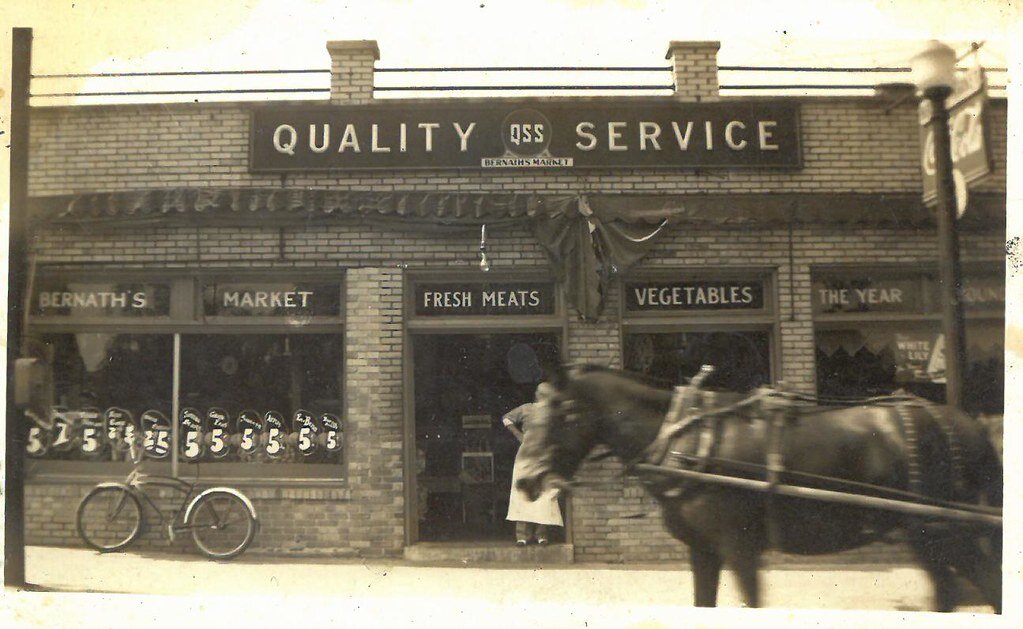
Historic Summerhill
One of two settlements established after the Civil War by William Jennings in 1865, Summerhill’s early inhabitants were freed slaves and Jewish immigrants. Wood’s Chapel and Clarke’s Chapel began offering worship services in 1866 within close proximity of each other. Wood’s Chapel subsequently became Allen Temple AME. Clarke’s Chapel’s congregation was mixed and sought to also promote education which it accomplished by holding the first classes of Clark College and Gammon Theological Seminary in its basement. Clarke’s Chapel was ultimately renamed the Lloyd Street Church. In 1867 Frederick Ayer founded his school at Richardson and Martin Streets. The Atlanta Board of Education bought it three years later, making it the only public school for Black children in the City. The school was eventually renamed the E. P. Johnson Elementary School.
Summerhill was once considered the most prosperous African American neighborhood in Atlanta and was a relatively stable residential neighborhood for almost a complete decade and was home to several of Atlanta’s influential civic and business leaders, Sam Massell, Herman Russell S. W. Walker and Leon Eplan are a few whose life began in Summerhill. But, like neighboring Mechanicsville and Peoplestown, Summerhill fell victim to economic and political pressures beyond its control. As Atlanta grew to the north and west during the early part of the twentieth century, the more affluent moved to larger lots with bigger houses. The politics of Urban Renewal left Summerhill with a prevalence of dilapidated, sub-standard housing, vacant lots, and abandoned commercial buildings. By the 1960s Summerhill was inhabited by African Americans who were in the lower economic bracket and its housing stock the victim of absentee landlords’ lack of maintenance.
In the mid-1960s, however, a riot occurred in Summerhill over the shooting of a black male by the police. This incident gave Summerhill national attention but, more importantly, served to galvanize the residents into civic action which resulted in the formation of a neighborhood organization, Summerhill Neighborhood Inc. By 1990, through the efforts of the neighborhood organization a CDC, Summerhill Neighborhood Development, Inc., was founded to take charge of the physical redevelopment of the neighborhood which the awarding of the 1996 Olympics to Atlanta gave Summerhill its first opportunity for revitalization. In 2004, a new neighborhood organization was formed, the Organized Neighbors of Summerhill, who in conjunction with SNDC work to ensure that Summerhill is able to regain its former stature in the community.
Source: www.onsummerhill.org



